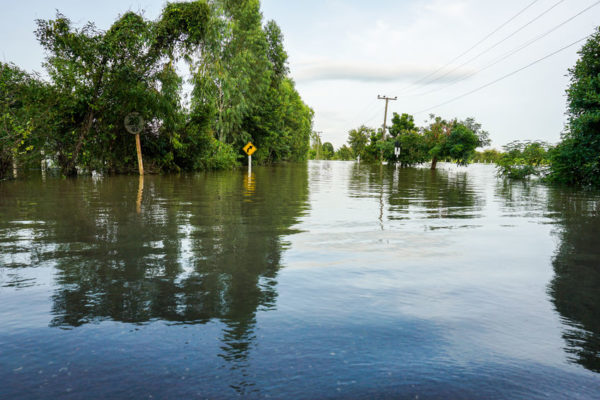
When history disproves climate doom
By Craig Rucker
One of the toughest challenges for the global warming crowd occurs when, after the passage of time, the doom they predicted is nowhere to be seen.
Dr. Jay Lehr rounded up ten prominent examples where alarming predictions by warming campaigners failed to come to pass:
- In 1987, a former NASA scientist was quoted in nearly all U.S. newspapers that by 2020 the world’s temperature would increase by 5.4 degrees Fahrenheit. The actual increase was less than a single degree Fahrenheit.
- In 1978, The Vermont Sun quoted multiple scientists predicting that by 2020 the Earth’s CO2 concentration would double from its then current level of 330 parts per million. It actually increased by only about 27% to 420.
- In 2009, it was predicted that China would decrease their CO2 emissions by 40 to 45% and India by 20 to 25%. Instead their emissions have increased in the past 11 years.
- In 2008, Al Gore and most of his friends predicted the snow on Mount Kilimanjaro would have disappeared. There has been little change at all in its snow cap.
- In 1986, U.S. EPA predicted a two foot sea level rise for Florida in 2020. It has risen about one inch, a rate which has been experienced for 800 years. An additional apparent rise of 3 inches has been the result of land subsidence.
- In March of 2000 at Britain”s Hadley Centre for Climate Prediction and Research, scientist David Parker told the English newspaper The Independent that British children will soon experience snow only virtually on the internet. When it does snow 20 years hence (2020) it will cause chaos due to its rarity. England has not been short of normal snow.
- In 2000 it was reported by the Tarawa, Kiribati newspaper that a study by Greenpeace indicated that Global Warming will ruin Pacific Island Nations economies by 2020 with Tuvalu considered most critical. Tuvalu’s 2019 budget report stated that Tuvalu had enjoyed an unprecedented six consecutive years of economic growth.
- A secret Pentagon study in 2004 reported to President Bush that climate change-caused resource shortages may cause a global war by 2020. It said that shortages of water and energy will become increasingly harder to overcome plunging the planet into war as it is carrying a higher population than it can sustain. Enough said.
- USA Today reported in 2013 that the Arctic should be free of ice in the summer by 2020. The prediction was off by 3.9 million square kilometers, which was the amount of remaining ice in September of 2020.
- In 2009, The Los Angeles Times reported from a number of government reports that it was expected that all glaciers in Glacier National Park would be gone by 2020. The Park officials posted signs warning visitors that the end of glaciers in the Park was near. In 2020 no glaciers were gone but the signs were removed.
Dr. Lehr posted more details to CFACT.org.
We were just talking about the immensity of the task taken on by those of us who correct the record on climate.
Last year they told us that Australians were doomed to a future of drought and  fiery punishment. Now they’re inundated with massive rainfall and floods Down Under. Oliver Sawaya fled his home near Sydney with his elderly father in a dinghy. He said his property “looked as if you were in Sydney Harbor and you were on a boat.”
fiery punishment. Now they’re inundated with massive rainfall and floods Down Under. Oliver Sawaya fled his home near Sydney with his elderly father in a dinghy. He said his property “looked as if you were in Sydney Harbor and you were on a boat.”
If Australia’s drought was your fault, whose fault is the flood?
You’d think the warming narrative constantly proving itself ridiculous would make our task easy.
Alas, no. As a society we are afflicted with a horrendous case of ADD.
The warming people and their compliant media count on us to have memories and attention spans that are about ten minutes long.
Watch for them to shamelessly do an about turn, and attribute Australia’s heavy rain to climate. They’ll double down on their demands to control what they believe is your over-the-top lifestyle, and the need to redistribute your nest egg as well. That an El Niño caused the drought and the subsequent La Niña the flood… well who’s going to remind you about that?
CFACT will.
Author
Craig Rucker is a co-founder of CFACT and currently serves as its president.
From cfact.org